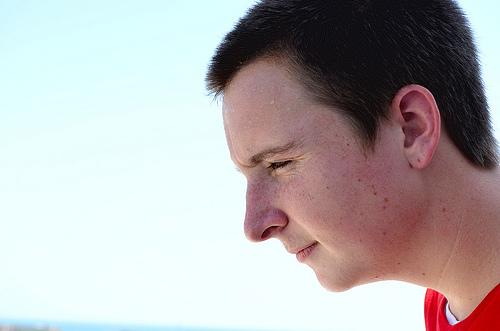
Hyperhidrosis: Primary or Secondary
Hyperhidrosis may be primary or secondary. A condition of sweating too much for no particular reason at all is known as primary hyperhidrosis. Often people who have primary hyperhidrosis suffer damage to the nerves that power the accrine sweat glands, especially the sweat glands under the arms or on the palms. It's not unusual for people who develop hyperhidrosis as adults eventually to have problems with their hearts, specifically with the filling of the left ventricle. Hyperhidrosis can also be secondary, caused by medications, an overactive thryoid gland, hormonal changes, especially changes in estrogen levels in women, psychiatric conditions, and nerve injury.
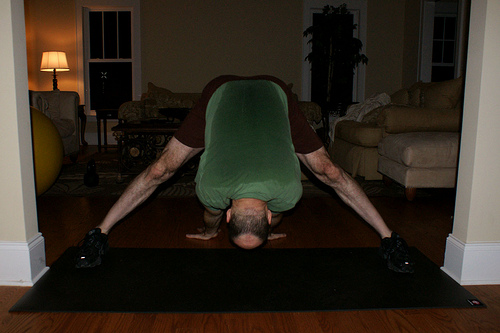
Exercise
It's only healthy to work up a sweat when you exercise. After all, you don't want your body to overheat when you are on the playing field or in a hot sticky gym. But if you sweat uncontrollably from the palms of your hands, the soles of your feet, or your armpits when you exercise, you may have other issues: Some people have an unusually large number of accrine (drippy sweat) glands, and Botox or surgical treatments may be the only permanent cure. Other people have unusual autonomic reactions to exercise. The same people who sweat profusely also tend to get racing heart, headaches, or asthma. Very simple medications may greatly reduce the problem.
- Important notification about information and brand names used in this slideshow!
- Photo courtesy of Michael Kuhn by Flickr : www.flickr.com/photos/michaelkuhnphotos/3882707639/
- Esen AM, Barutcu I, Karaca S, et al. Peripheral vascular endothelial function in essential hyperhidrosis. Circ J. Jun 2005. 69(6):707-10.
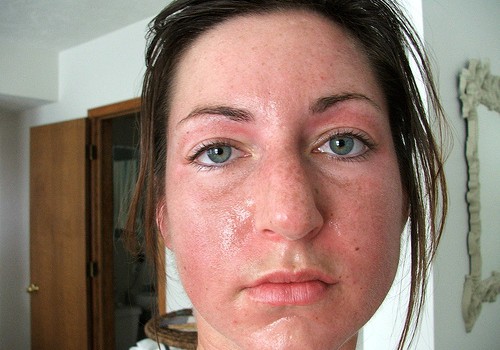
Fever And Flu
Fevers and flu-like illnesses are "supposed" to make us sweat. It's actually much more of a problem when they don't. Without perspiration, the core temperature of the body can soar, and permanent damage to vital organs or death can occur. If you are getting drenched while lying in bed with a fever, however, there are some things you can do. In adults, it's OK to take an aspirin or Ibuprofen when a fever has reached 102 F (38.9 C) or higher. You don't want to treat fevers until they reach that level (unless the doctor tells you otherwise), because the fever kills infection. In infants under 3 months, a temperature of 100.4 F (38 C) requires treatment with cooling wipes. In babies older than 3 months and children, get concerned about fevers over 102 F (38.9 C), but don't give aspirin. Children under 12 can have Tylenol in the doses recommended on the label, but never aspirin, due to the potential of developing a condition known as Reye syndrome.
- Important notification about information and brand names used in this slideshow!
- Photo courtesy of Sarah (Rosenau) Korf by Flickr : www.flickr.com/photos/sarahrosenau/137089824/
- For more information on taking temperatures at home, see http://www.mayoclinic.com/health/first-aid-fever/FA00063.
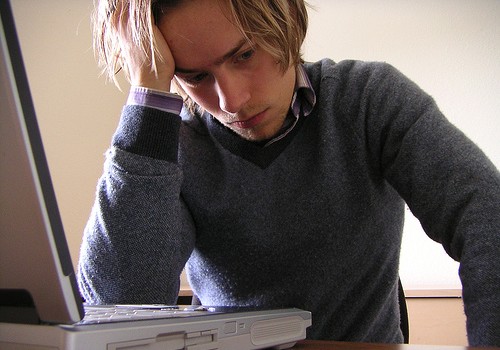
"Nerves"
Anxiety, tension, pressure in the workplace or in social conditions, or just plain old "nerves" make most of us perspire. If you perspire so much that you drip with sweat, and this happens frequently when you are under stress, you may want to try a product called Drysol. This commercial preparation of 20% aluminum chloride hexahydrate soaks up sweat, but it has to be applied when the skin is dry. It can redden or irritate the skin because it forms a mild acid. To counteract irritation or chafing, rinse it off after you have gotten through the stressful event and neutralize acidity with baking soda dusted on the skin.
- Important notification about information and brand names used in this slideshow!
- Photo courtesy of Casey Konstantín by Flickr : www.flickr.com/photos/sercasey/466293417/
- Altman RS, Schwartz RA. Emotionally induced hyperhidrosis. Cutis. May 2002. 69(5):336-8.
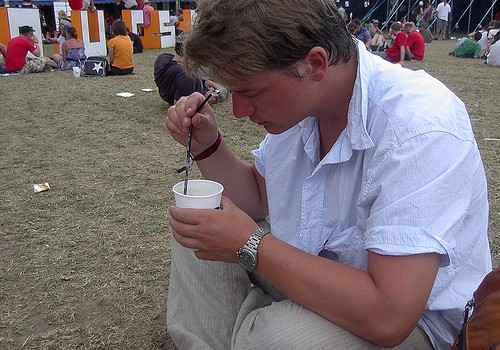
Coffee And Caffeinated Beverages
Some people break out in a sweat when they drink hot coffee. Some people even break out in sweat when they drink iced coffee. If this is a problem for you, you can switch to decaf. And if you just have to have your morning pick me up and it just has to have caffeine in it, you could always see your doctor about a procedure called iontophoresis, electrical cauterization of the sweat glands, or even injections with botulinum toxin (Botox) to "paralyze" your sweat glands. Botox injections have to be repeated every 3 or 4 months, cost about $500 a session, and aren't covered by insurance. You may decide that maybe you really can do without caffeine.
- Important notification about information and brand names used in this slideshow!
- Photo courtesy of Wouter Kiel by Flickr : www.flickr.com/photos/wouterkiel/3164044099/
- Esen AM, Barutcu I, Karaca S, et al. Peripheral vascular endothelial function in essential hyperhidrosis. Circ J. Jun 2005. 69(6):707-10.

Spicy Food
The chemical that makes hot peppers hot is capsaicin, which has a unique effect on the peripheral nervous system. When capsaicin touches the tongue, it activates the nerves that run over the cheekbones to the tear ducts. We start crying. In some people who are especially sensitive to capsaicin, the chemical also activates sweat glands across the forehead and along the sides of the face. It can even cause small blood vessels to break around pores in the skin across the cheeks and on the nose. For some chili pepper connoisseurs, sweating is a desirable part of the experience. But if you don't like to sweat and you can't avoid eating foods flavored with chili, try drinking icy cold drinks with your meal. The cold of the beverage will offset the heat of the peppers.
- Important notification about information and brand names used in this slideshow!
- Photo courtesy of Chewy Chua by Flickr : www.flickr.com/photos/chewychua/3294846965/
- For more information on the gustatory effects of peppers, visit WebMD: www.webmd.com/skin-problems-and-treatments/features/what-you-eat.

Excessive Alcohol Consumption
Most cases of hyperhidrosis do not have anything to do with alcohol consumption, but when alcohol is a trigger for hyperhidrosis, the effects are usually very noticeable. Some people, especially people of East Asian descent, don't have the genes the body needs to make the enzymes that detoxify alcohol. They may be alcohol intolerant, and there is no solution for the problem other than avoiding alcohol. Some people sweat profusely when they are detoxing from a binge. This is a sign that the nervous system is recovering. It will pass. And sometimes drinking alcohol causes a spike in insulin levels that causes sweating. In this case, consume a small amount of carbohydrate--the equivalent of 15 calories may be enough--to get blood sugar levels back to normal so sweating stops.
- Important notification about information and brand names used in this slideshow!
- Photo courtesy of Jason Scragz by Flickr : www.flickr.com/photos/scragz/152636264/
- Tugnoli V, Eleopra R, De Grandis D. Hyperhidrosis and sympathetic skin response in chronic alcoholic patients. Clin Auton Res. Feb 1999.9(1):17-22.

Hot Flashes
Women going through menopause often get hot flashes. Even 10, 15, and 20 years after menopause, some women continue to have hot flashes. The cause of the problem is a relative deficiency of estrogen, and the treatment is estrogen replacement therapy or other medications that only a doctor can prescribe. Men can also have hot flashes, but due to an excess of estrogen, not a deficiency. This also requires medical intervention. Diabetics may suffer hot flashes during or after meals. This is a sign that the pancreas is still producing insulin--which is a good thing--and the solution is to eat smaller amounts of carbohydrate and to be very careful to take needed medications.
- Important notification about information and brand names used in this slideshow!
- Photo courtesy of Timothy Krause by Flickr : www.flickr.com/photos/33498942@N04/5268027726/
- Lowed R. Brisdelle Okayed as First Nonhormonal Rx for Hot Flashes. Medscape [serial online]. Available at http://www.medscape.com/viewarticle/807082. Accessed 23 September 2013.
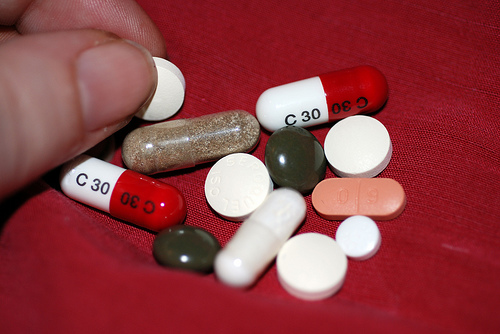
Side Effects Of Medications
Some medications cause hot flashes or excessive sweating as a side effect, especially pilocarpine (used to treat glaucoma), tricyclic antidepressants (seldom prescribed for depression any more but often prescribed for peripheral neuropathy caused by diabetes), propanolol for high blood pressure, physostigmine for Alzheimer's disease and some gastrointestinal complications of diabetes, selective serotonin reuptake inhibitors (SSRIs) for depression, and Efavirenz and Truvada for treating HIV. The solution to the side effect of excessive sweating is never to stop the medication abruptly on your own. Sometimes all that is needed, especially with the HIV drugs, is to change the dosage. Products like Drysol, applied before a sweat attack, or when going to bed, if night sweats are a problem, usually yhelp when the medication can't be changed.
- Important notification about information and brand names used in this slideshow!
- Photo courtesy of Philippa Willitts by Flickr : www.flickr.com/photos/hippie/2434506417/
- Martín AF, Figueroa SC, Merino Mde L, Hurlee AD. Hyperhidrosis in association with efavirenz. AIDS Patient Care STDS. Mar 2009. 23(3):143-5.

Making Love
The English language has a number of colorful expressions for the intense perspiration that often accompanies love making. Some people are more likely to get hot and bothered when the get down and dirty than others. On a physiological level, this is due to changes in the blood vessels that deliver oxygen to sweat glands. If you get a headache, or your nose runs, or you literally see blue when you make love, you usually sweat, too. Men may want to try to do the deed without the help of Viagra, Cialis, or Levitra, which compound the effect, and women may want to avoid wine or spirits before love making, if excessive perspiration from the hands, soles, or armpits is a bother. It can also help to turn down the heat or air conditioning in the bedroom before making love.
- Important notification about information and brand names used in this slideshow!
- Photo courtesy of you me by Flickr : www.flickr.com/photos/httpwwwyoumeflickrcom/8096556934/
- For an interesting discussion of this topic, see http://www.wrongplanet.net/postt106160.html.


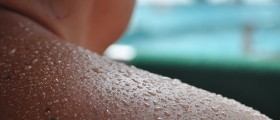

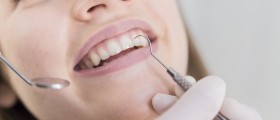
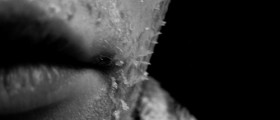
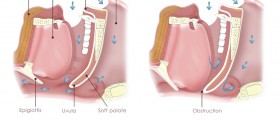


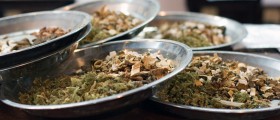
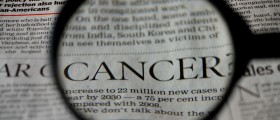
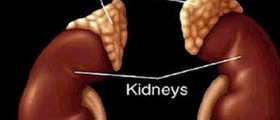
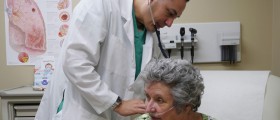
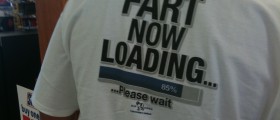

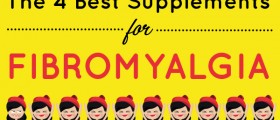
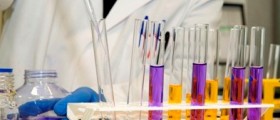

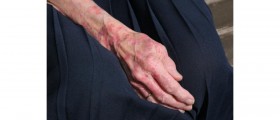
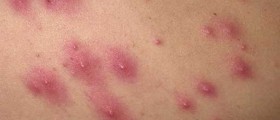
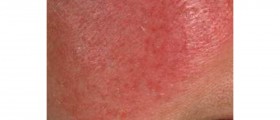
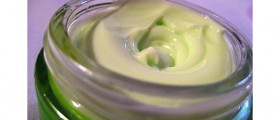
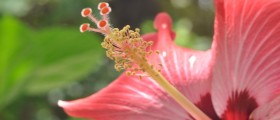
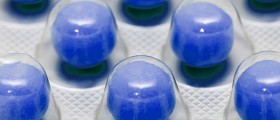
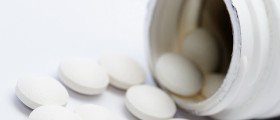
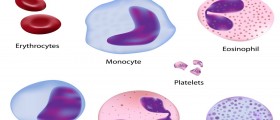
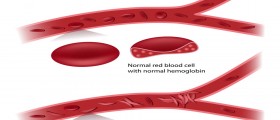
Your thoughts on this
Loading...